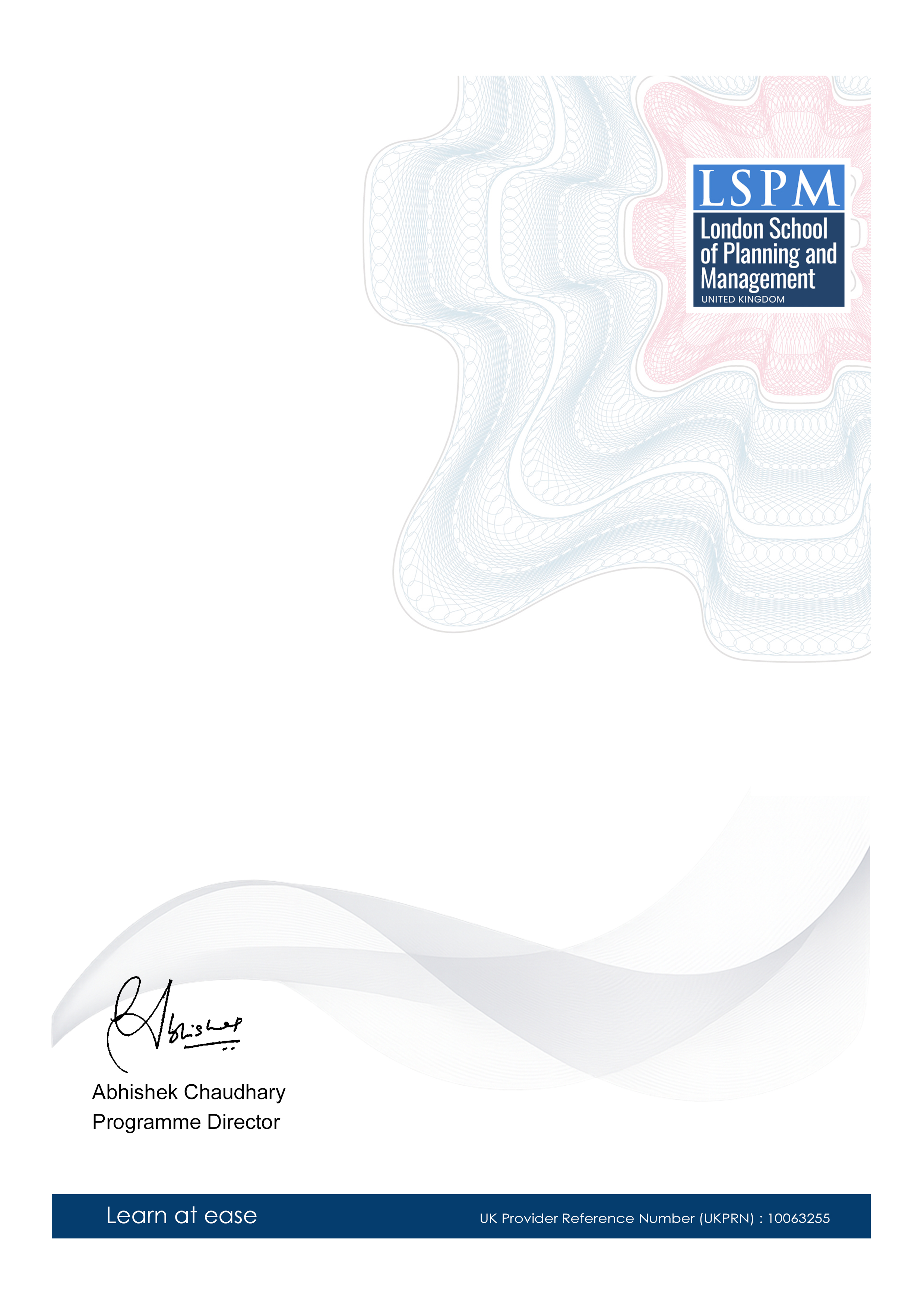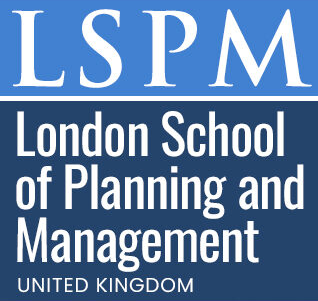Certificate Programme in Crisis Leadership for Humanitarian Crises
-- viewing nowThe Certificate Programme in Crisis Leadership for Humanitarian Crises is designed for individuals seeking to develop the skills and knowledge necessary to effectively manage and respond to complex humanitarian emergencies. The program provides a comprehensive understanding of crisis leadership principles, including risk assessment, decision-making, communication, and coordination.
7,288+
Students enrolled
GBP £ 149
GBP £ 215
Save 44% with our special offer
About this course
100% online
Learn from anywhere
Shareable certificate
Add to your LinkedIn profile
2 months to complete
at 2-3 hours a week
Start anytime
No waiting period
Course details
• Crisis Management and Leadership: This unit will provide an overview of crisis management principles and leadership skills necessary for effectively managing humanitarian crises.
• Risk Assessment and Mitigation: Students will learn how to identify, assess, and mitigate risks associated with humanitarian crises, including natural disasters, conflicts, and epidemics.
• Communication and Coordination: Effective communication and coordination are crucial in crisis situations. This unit will teach students how to establish clear communication channels and coordinate response efforts among stakeholders.
• Resource Allocation and Logistics: Managing resources and logistics is a critical aspect of crisis leadership. Students will learn how to allocate resources efficiently and manage logistics to ensure timely delivery of aid and support.
• Mental Health and Wellbeing: Crisis situations can have a significant impact on the mental health and wellbeing of individuals and communities. This unit will cover strategies for addressing mental health and wellbeing concerns in humanitarian crises.
• Community Engagement and Participation: Engaging and involving affected communities in crisis response efforts is essential for effective leadership. This unit will teach students how to foster community engagement and participation in humanitarian crises.
• Gender and Inclusion: Gender and inclusion considerations are critical in crisis response. This unit will cover strategies for ensuring gender-sensitive and inclusive approaches to crisis leadership.
• Monitoring and Evaluation: Effective monitoring and evaluation are crucial for assessing the impact of crisis response efforts. This unit will teach students how to design and implement monitoring and evaluation systems for humanitarian crises.
• Climate Change and Environmental Sustainability: As climate change continues to exacerbate humanitarian crises, understanding its impact and integrating environmental sustainability into crisis response is becoming increasingly important. This unit will cover strategies for addressing climate change and environmental sustainability in crisis leadership.
Career path
Certificate Programme in Crisis Leadership for Humanitarian Crises
Career Roles
- Crisis Management Specialist: Responsible for developing and implementing crisis management plans, coordinating response efforts, and communicating with stakeholders during emergencies.
- Disaster Response Coordinator: Oversees the planning, organization, and implementation of disaster response efforts, including search and rescue, medical aid, and shelter operations.
- Humanitarian Aid Worker: Provides direct assistance to individuals affected by crises, distributing aid such as food, water, and medical supplies, and supporting community recovery efforts.
- Emergency Planner: Develops emergency preparedness plans, conducts risk assessments, and trains staff and community members in response procedures to minimize the impact of emergencies.
Entry requirements
- Basic understanding of the subject matter
- Proficiency in English language
- Computer and internet access
- Basic computer skills
- Dedication to complete the course
No prior formal qualifications required. Course designed for accessibility.
Course status
This course provides practical knowledge and skills for professional development. It is:
- Not accredited by a recognized body
- Not regulated by an authorized institution
- Complementary to formal qualifications
You'll receive a certificate of completion upon successfully finishing the course.
Why people choose us for their career
Loading reviews...
Frequently Asked Questions
Course fee
- 3-4 hours per week
- Early certificate delivery
- Open enrollment - start anytime
- 2-3 hours per week
- Regular certificate delivery
- Open enrollment - start anytime
- Full course access
- Digital certificate
- Course materials
Get course information
Earn a career certificate

